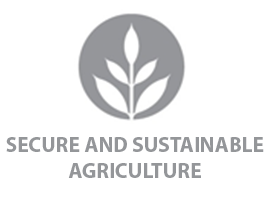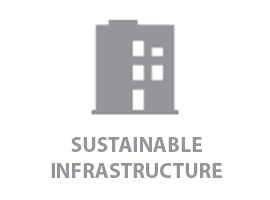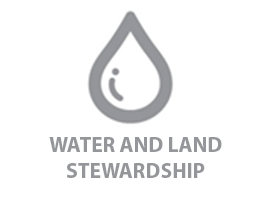Research Menu
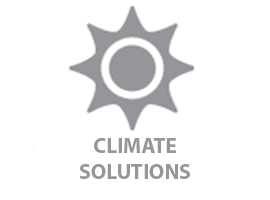 Current
Current
Funded
iSEE Work
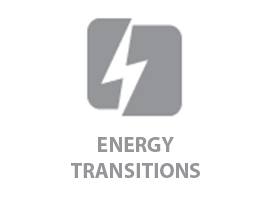 Current
Current
Funded
iSEE Work
Current
Funded
iSEE Work
Current
Funded
iSEE Work
Current
Funded
iSEE Work
Job, Grant, and Other Opportunities for Illinois Scholars ...
Current and recent calls for proposals from major funding agencies, as well as speaking opportunities and other announcements for Illinois faculty-level scholars.
